Israel To Reimpose Virus Lockdown As European Cases Mount
Israel said Sunday it will reimpose a national lockdown after coronavirus cases soared, while European nations grappled with mounting infections against a backdrop of protests against restrictions aimed at reining in the pandemic.
Israeli Prime Minister Benjamin Netanyahu announced the three-week lockdown, which will hold people to within 500 metres (yards) of their homes, will start on Friday and could be extended.
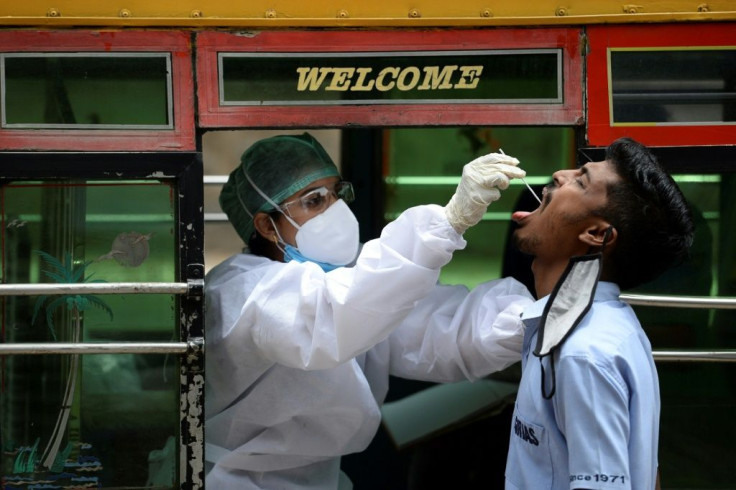
The plan prompted the resignation of ultra-Orthodox Housing Minister Yaakov Litzman, who said the measures would prevent Jews from attending synagogue over the upcoming Rosh Hashanah and Yom Kippur holidays.
According to an AFP tally, Israel is second only to Bahrain for the world's highest coronavirus infection rate by population.
Britain, France, Austria and the Czech Republic were among European countries reporting surges, with new cases in the UK reaching more than 3,000 in 24 hours for the second day in a row on Saturday.
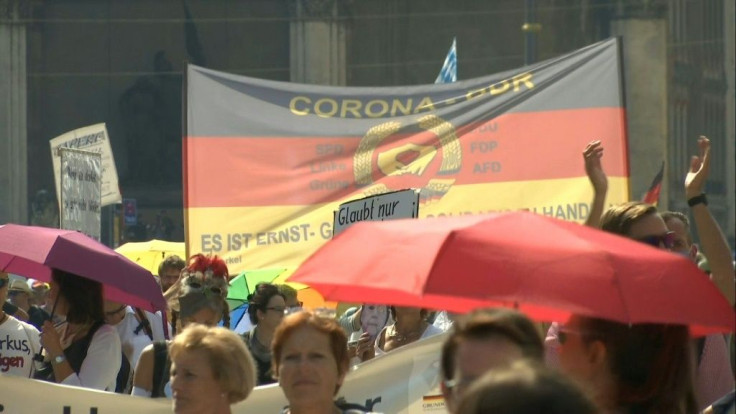
After a spate of local lockdowns this month, new government restrictions come into force across England on Monday, limiting social gatherings to no more than six people.
Austrian Chancellor Sebastian Kurz said the country was already facing "the beginning of the second wave" as new daily infections climbed towards 1,000.
Kurz said the government would further restrict events and extend the areas where mask-wearing is mandatory to include all shops and public buildings.
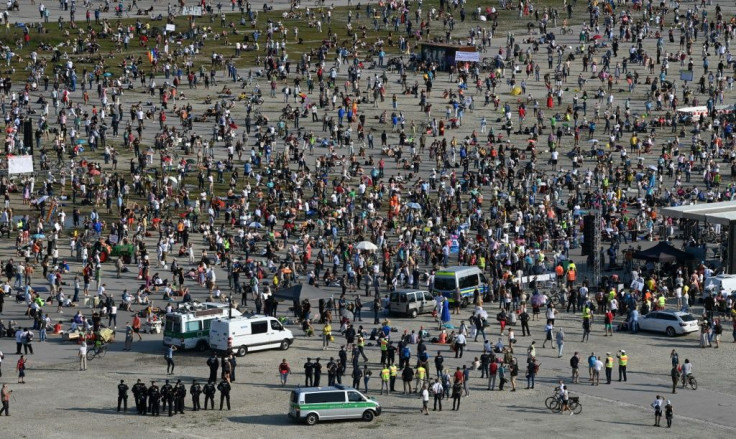
The Czech Republic meanwhile registered 1,541 new cases on Saturday, posting a record growth for the third day in a row.
"If the epidemic keeps growing in this explosive way, we will get to the very limit of our hospital capacity," epidemiologist Roman Prymula told Czech Television on Sunday.
France reported 10,000 new infections on Saturday, close to the peak of the first wave in April, however the number fell to 7,183 on Sunday.
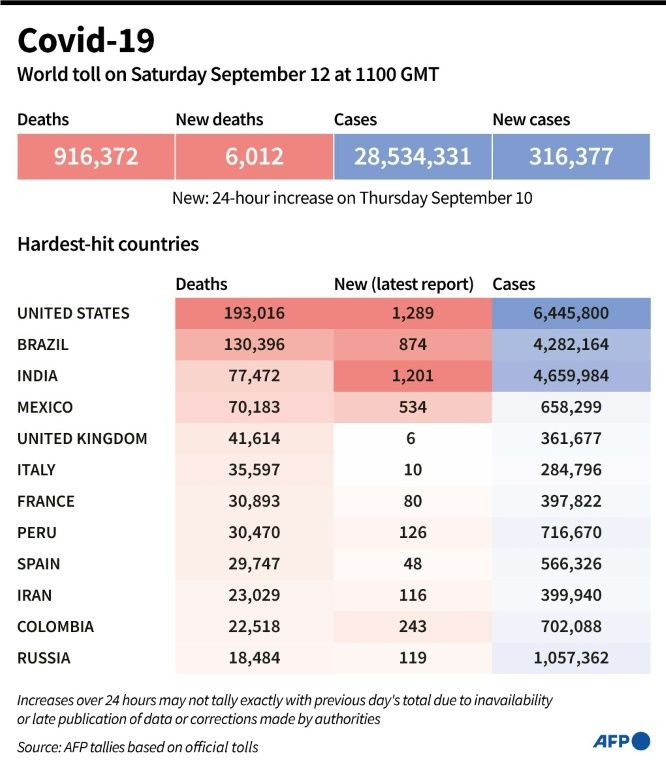
Worldwide, 921,387 people have died of the virus from among 28.8 million cases.
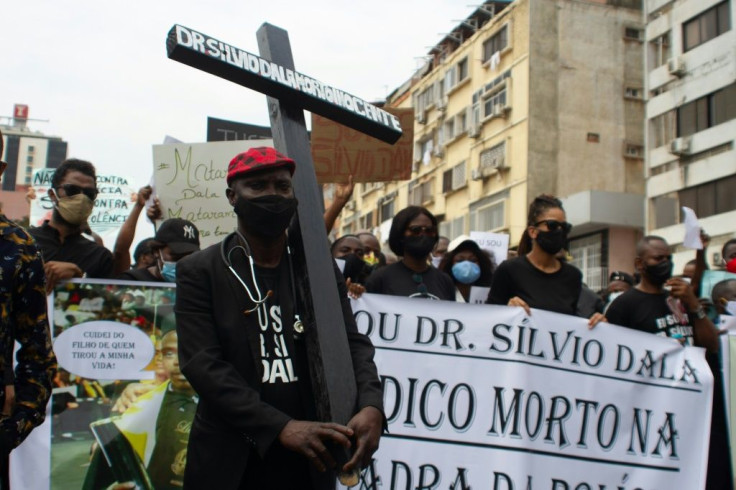
However some countries were relaxing their anti-coronavirus restrictions.
In South Korea, authorities in Seoul said they would ease some infection control measures introduced in recent weeks after a spike in cases in the capital region, home to half the country's 52 million population.
Coffee shops, restaurants and bakeries will return to normal service while gyms and private crammer schools can reopen.
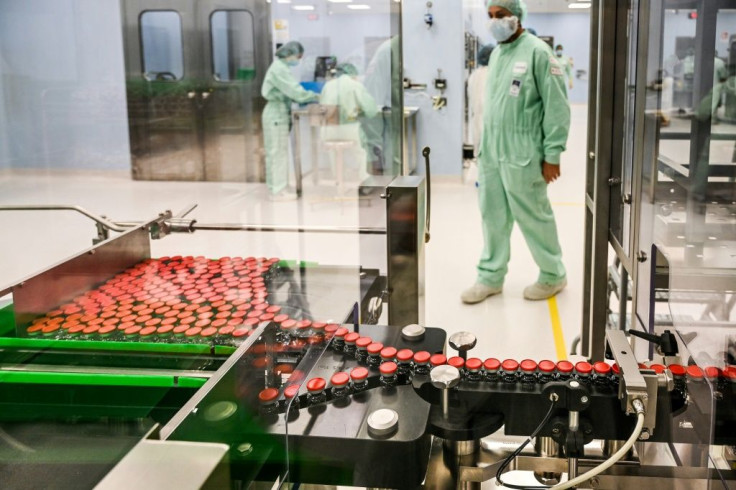
The country largely overcame an early Covid-19 surge with extensive tracing and testing, but it has seen triple-digit daily new cases since mid-August after weeks with numbers in the 30s and 40s.
And Saudi Arabia announced it would partially lift its suspension of international flights from September 15, six months after travel curbs were imposed.
Meanwhile, police arrested dozens of participants in an illegal anti-lockdown demonstration in the southern Australian city Melbourne on Sunday that drew around 250 people.
The protest -- the city's second in as many days -- saw the crowd defy stay-at-home orders to gather at the central Queen Victoria market, where they were met by a heavy police presence.
"Many protesters were aggressive and threatened violence towards officers," the Melbourne police said.
The Australia protest followed a number of demonstrations in Germany and Poland on Saturday at which thousands protested against anti-coronavirus measures.
Meanwhile Democratic US presidential candidate Joe Biden slammed incumbent Donald Trump as "reckless" for holding a packed rally Saturday in Reno, Nevada, where many attendees did not wear masks.
The Republican president is under pressure as the US toll continues to rise, nearing 6.5 million cases on Saturday with more than 193,000 deaths -- by far the most in either measure in the world.
In Latin America, which this week passed the milestone of eight million virus cases, the continent's worst-hit country Brazil charted more than 131,000 deaths from Covid-19 as of Saturday, the second-highest in the world behind the US.
In Britain, regulators gave pharma company AstraZeneca and Oxford University the all-clear for clinical trials to resume on one of the most advanced experimental Covid-19 vaccines.
Researchers had "voluntarily paused" their vaccine trial after a UK volunteer developed an unexplained illness.
Even during the pause, AstraZeneca said it remained hopeful that the vaccine could still be available "by the end of this year, early next year".
Any fashionistas hoping that New York Fashion Week would provide a distraction from the virus may be in for disappointment, as the event will open with almost no live audiences and few big names.
But organisers hope the shows can help support American design houses of all sizes, with many of them teetering on the brink.
© Copyright AFP 2024. All rights reserved.





















